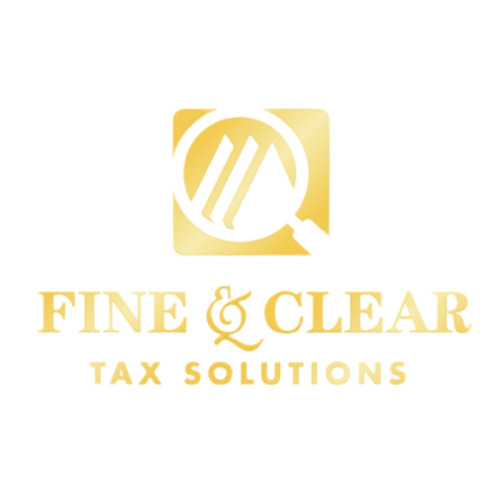Understanding Wage Garnishments: How the IRS Can Impact Your Income

The Internal Revenue Service has the power to garnish your wages if you owe a tax debt. But unlike most other creditors, the IRS can garnish your wages without first getting a judgment, and the amount it can take is usually more than what regular creditors can take.
If you owe money, you have several options for paying. The best option is to write a check to IRS for the full amount owed when you submit your return. For those who can’t pay the full amount all at once there are other options to settle up with the IRS. These options include:
- Setting up a payment plan, or making a settlement offer called an “Offer in Compromise.”
- Filing for bankruptcy might offer you relief but understand that taxes are rarely discharged in a Chapter 7 case and that you’ll have to repay your entire tax debt in a Chapter 13 bankruptcy.
If you do nothing, then the IRS will initiate its collection process.
How the IRS Collects Taxes
The IRS won’t start garnishing your wages without giving you notice and an opportunity to make payment arrangements. But, unlike most other creditors, it doesn’t have to first sue you and get a judgment to start the garnishment process. To begin the process, the IRS must send you a written notice stating the amount you owe. The notice must itemize all of the charges (tax, penalties, and interest) and give you a date by which you must pay the balance in full.
If you don’t comply with the demand for payment within the stated time, the IRS will then explore how it may most effectively force you to pay the tax. This may include seizing your assets, placing liens on your property, taking future refunds, and garnishing your wages.
How Much Will the IRS Garnish From My Wages?
State and federal law limit the amount that most creditors can take from your wages. The tax code, however, limits only what the IRS is required to leave. The IRS will take as much as it can and leave you with an amount that the tax code says is necessary for you to pay for basic living necessities. The amount that you can keep corresponds to the number of exemptions you claim for tax purposes. Refer to this IRS table to see how much of your wages are protected.
If you’re facing wage garnishment, we can help you settle with the IRS. please contact the team at Fine and Clear Tax Solutions or call 516-209-2594.
